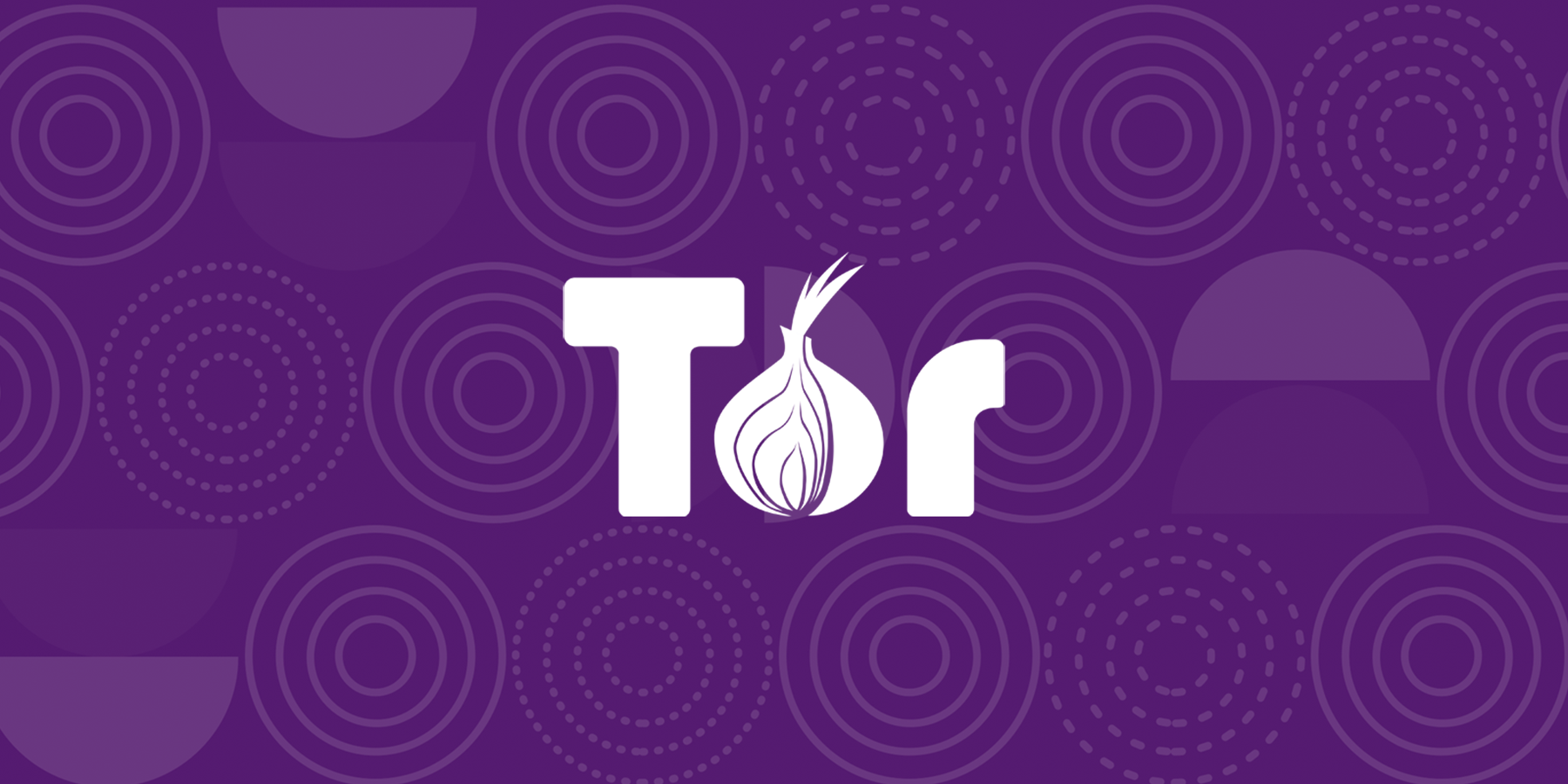Well, I knew that because I don't have much bodybuilding knowledge to speak of...
I'm not offended in the least. Sometimes I wonder about being on the Internet as well. I've been reading about privacy, surveillance and the database state for almost 30 years now.
On the one hand, what keeps me optimistic to a degree is the knowledge that there are at least some effective tools to keep the state out of our private business. On he other hand, what depresses me is that almost no one wants to learn the truth of the matter, and make any effort to preserve their privacy from the long arm of the state.
As a British official put a year or two ago, "We're sleepwalking into a surveillance state."
Mirrorshades
I'm not offended in the least. Sometimes I wonder about being on the Internet as well. I've been reading about privacy, surveillance and the database state for almost 30 years now.
On the one hand, what keeps me optimistic to a degree is the knowledge that there are at least some effective tools to keep the state out of our private business. On he other hand, what depresses me is that almost no one wants to learn the truth of the matter, and make any effort to preserve their privacy from the long arm of the state.
As a British official put a year or two ago, "We're sleepwalking into a surveillance state."
Mirrorshades



Comment